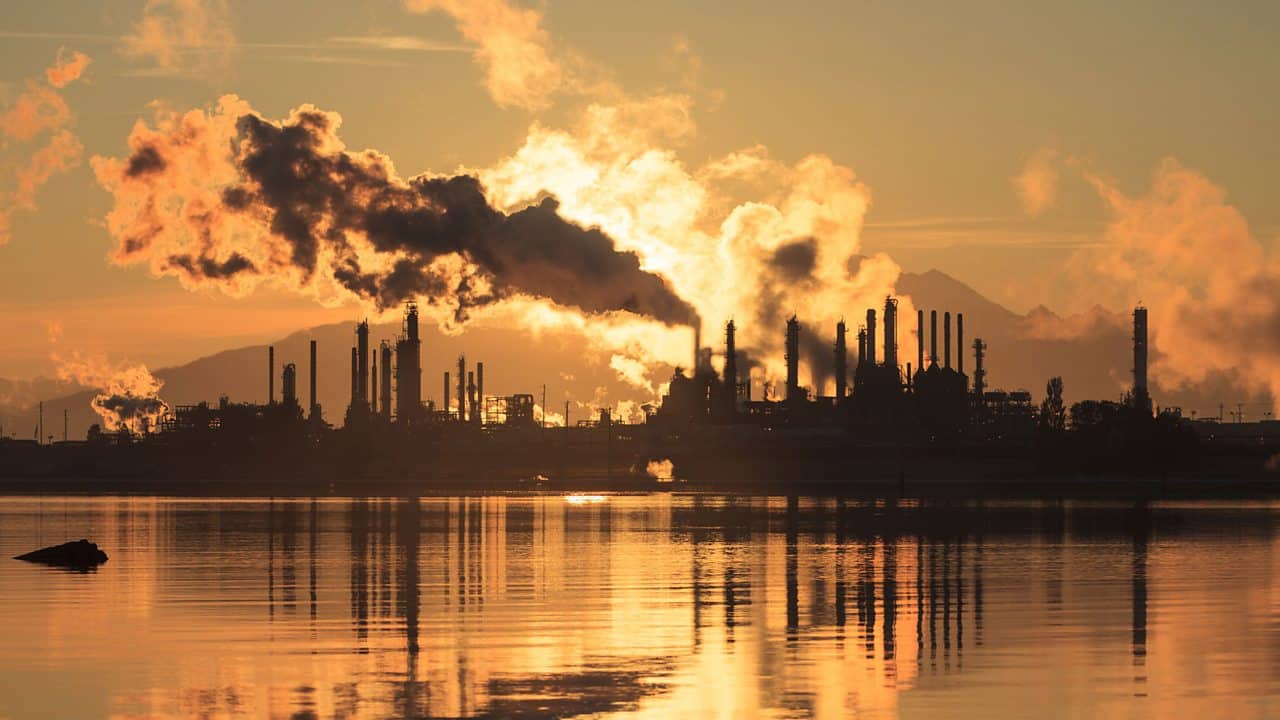Keep fossil fuel in the ground meet 1.5-degree goal
For the world to have a decent chance of limiting global temperature rise to 1.5 degrees, 90 per cent of remaining coal reserves and 60% of unexploited oil and gas have to stay in the ground.
These are the stark findings of carbon budget research by scientists at University College London.
Dan Welsby spells out the details to Roland Pease.
Virologist Ravi Gupta of the University of Cambridge describes his latest research that explains why the Delta variant of SARS-CoV-2 is much more infectious and more able to evade our immune systems and covid vaccines than other variants.
When dense fog rises from the Pacific ocean into the foothills of the Andes, oases of floral colour bloom for a few weeks or months. When the fog goes, the plants die and disappear for another year or maybe another decade.
The true extent of these unique ecosystems (known as fog oases or Lomas) has now been revealed by researchers at the Royal Botanic Gardens at Kew in the UK, working with colleagues in Peru and Chile.
They’ve discovered that the Lomas are much more extensive than suspected. Ecologist Carolina Tovar tells Roland why the fog oases are threatened and need to be protected.
A species of duck can now be added to the list of birds such as parrots and starlings that mimic human speech and other sounds in their environment. Listen to Ripper, the Australian musk duck who was hand-reared on a nature reserve where he learnt to imitate his keeper say ‘You bloody fool’ and imitate the sound of an aviary door closing.
Animal behaviour researcher Carel ten Cate of Leiden University says that Ripper is not the only mimicking musk duck mimic but why this duck species have evolved this trick remains a mystery.
(Image credit: Getty Images)
Presenter: Roland Pease Producer: Andrew Luck-Baker
Global Warming.
The Earthshot ideas and initiatives have the potential to make a difference locally and globally. Highlights many of these projects,
